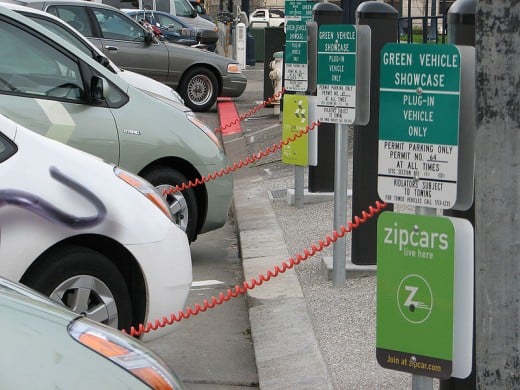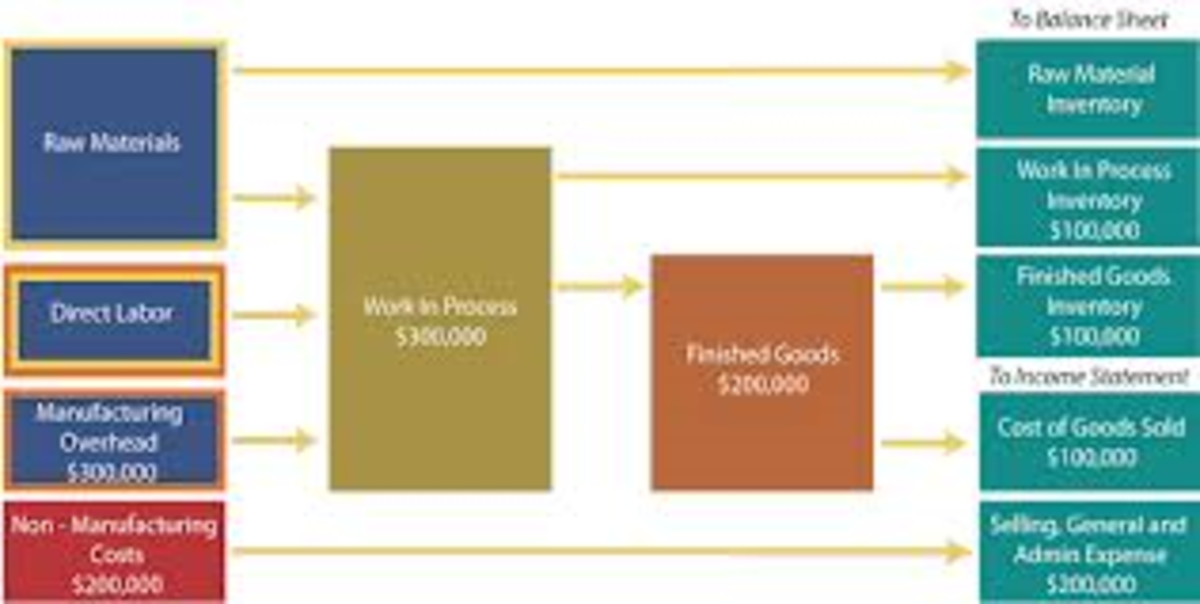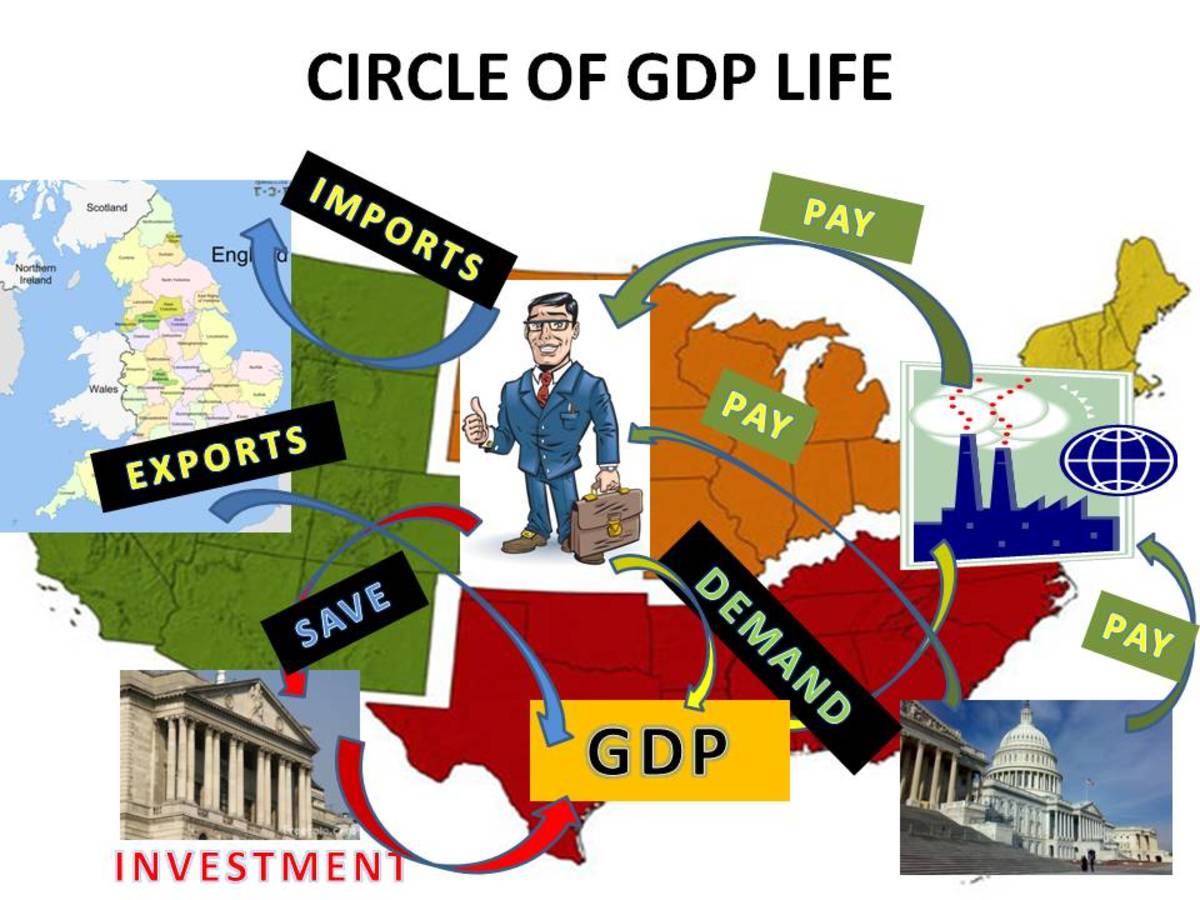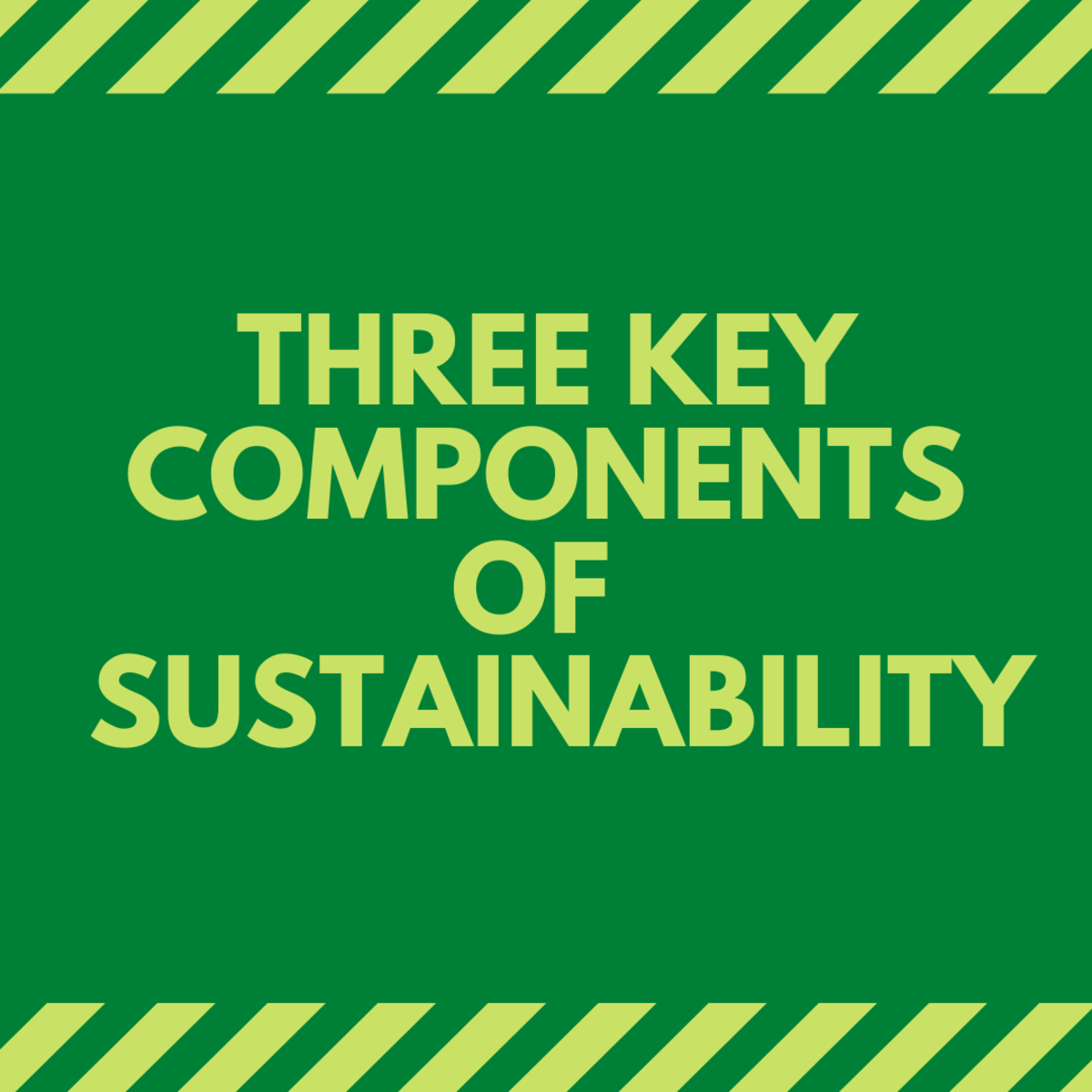Understanding Sustainable Consumption

What is Sustainable Consumption?
The Oslo Symposium defined sustainable consumption as “the use of goods and services that respond to basic needs and bring a better quality of life, while minimizing the use of natural resources, toxic materials and emissions of waste and pollutants over the life cycle, so as not to jeopardize the needs of future generations”. I like to think of it simply as the idea of reducing the consumption of goods by buying fewer goods and choosing more durable and sustainable goods when we make the decision to purchase something. That's quite contrary to the culture of mass consumption that we've grown so accustomed to!
The concept of sustainable consumption can be hard to swallow since we are so used to buying goods cheaply and simply disposing of them quickly when they're no longer of use to us. We live in a disposable society where goods are temporary, one-time use, or easily replaceable. We live in a culture of mass consumption and we need to do something about it. Thankfully, there is something we can do about it and sustainable consumption is one answer to our over-consumption problem.
Companies Pioneering Sustainable Consumption
Companies are beginning to show how they're taking on sustainable consumption issues with various efforts.
Patagonia and eBay recently teamed up in with a 'Common Threads Initiative', which encourages people to sell their used Patagonia stuff on eBay rather than throwing them out, as well as encouraging people to buy used goods.
Puma is making its clothes compostable, meaning that each component can be recycled back into a comparable raw material, or composted into soil without causing it any harm. Furthermore, Puma is now measuring its use of ecosystems and plans to put a dollar value on its impact on nature, including water, crops, soil formation, and wildlife habitat. If only more companies would display such devotion to measuring their carbon footprint.
Nike has an initiative called Considered Design, whose aim is to use as little amount of materials as possible and to recycle whatever material is left over into new products.
Additional companies that have sustainable consumption initiatives include: Coca-Cola, General Motors, Henkel, Nestle, Nokia, Proctor & Gamble, SC Johnson, Sony, and Unilever.

Mesh Companies
In addition to the idea of sustainable consumption catching on with a number of mainstream companies, some start-ups are implementing a completely new business model - one that promotes sharing instead of outright ownership of goods. Companies that are using this business model are called "mesh companies", a term coined by Lisa Gansky, the author of The Mesh. There are currently 6017 mesh companies, all of which can be found on the Mesh database. Mesh companies use social networks to match people with the goods and services they want, without having to outright buy them.
Mesh is a genius concept because it allows us, as consumer to have easy access to products and services we want, without having to buy them - just rent them for the time that we want to use them! I love the idea because this way we can get the products we want at lower costs, keep them while we want them, and generate less waste because then someone else will use them. It's a win-win situation for us as consumers and our planet.
You may already be familiar with this concept if Zipcar is in your city. Zipcar offers drivers the abilty to "borrow" a car for a couple of hours or days. It's called “mobility on demand,” better known as car sharing and dozens of companies are already doing it. I think it's a great idea and my friends in New York City and in Washington D.C. have been using it and love it. Additional companies you may be familiar with - including Hertz (HertzOnDemand), Enterprise (WeCar), and U-haul (uhaulcarshare) are implementing this new concept, which will be spreading nationwide in the next few years!
Another concept taking shape in the automobile industry is peer-to-peer (P2P) car-sharing services, in which anyone can make his or her vehicle available to others on an hourly basis. Two companies already doing this are RelayRides and Getaroun. All you need to participate in this program is a smart-phone to find a nearby car to rent or to have a car to rent out. As a car owner, you decide on the time, place, to whom and for how much to rent out your car.
Did you know that...
- The average American produces 1,600 pounds of garbage annually. That means that combining all the garbage that American produce in one year, you could make a line of filled garbage trucks that reach the moon!
- America makes up just about 5% of the word's population but generates about 30% of the world's garbage!
- In the US, we throw out about 96 billion pounds of food each year. That's enough to feed some countries!
Sources: EPA and USDA
What is Sustainable Production?
Whereas sustainable consumption calls on us as consumers to use principles of sustainability when making purchasing decisions, sustainable production calls on companies to produce or create goods and services using sustainable means, including: minimizing pollution, conserving energy and natural resources, being economically viable, as well as proving safe and healthy conditions for workers, communities, and customers. With sustainable production, there are minimum negative effects on the environment and employees, communities, and companies all benefit.
Don't Buy What You Don't Need
"Don't Buy What You Don't Need" - it's a simple message but one that's hard to actually do. In order to consume sustainably, there are a couple of things you can easily do:
- Think twice before you buy anything
- Buy only those things that you need, that will last and that you can recycle once you really do need to get rid of them
- Repair things when they break
- Reuse or share what you no longer need and recycle
Other things that you can do are:
- avoid products that have lots of packaging
- consciously try to make less waste
- buy in bulk
- turn off lights behind you
- buy greener products
- drive less









